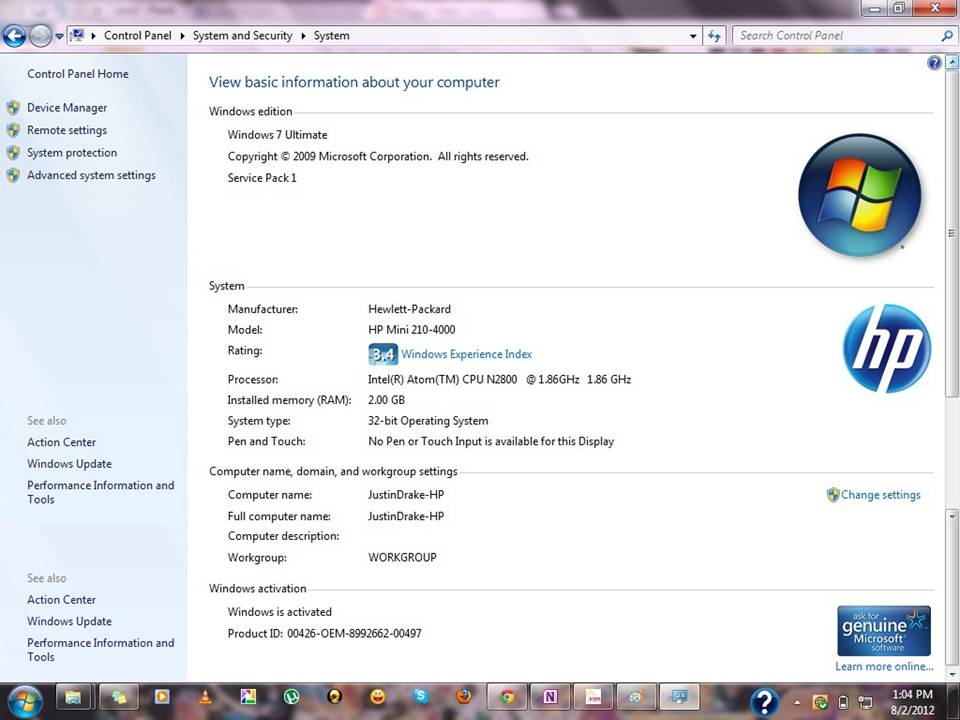

The problem here is that they are different - as different from Office 2003 as the most current versions of Office, just in different ways. Of course, you could switch to something other than Office 2003, like LibreOffice or OpenOffice. Install the Windows version of your choice from scratch.The process is much like what we did above: If you must continue using Office 2003, then your only real option might be to revert to Windows 8, as you mentioned, or Windows 7, which I assume is less “nasty” (to use your terminology). If it doesn’t work, you can revert to your backup image and start considering other options. If that works, you’ll know it was some kind of interaction with the update process and Office 2003, rather than a fundamental incompatibility. Check for updates repeatedly until no more are available. Bring Windows 10 up to date completely.This might be a scenario that calls for using something like Revo Uninstaller to perform a bit more of a clean up after the uninstall than the normal setup program might do. Take a full image backup, so you can return to this point if what we’re about to try fails.So, one straw I might grasp at is a clean install of Office 2003. In fact, I was able to successfully install Office 2003 on a fully up-to-date Windows 10. Generally, I’d expect the failure to happen immediately when you first encountered Windows 10.

It concerns me that Office 2003 worked in Win10 until after an update to Windows 10. That’s what I worry about.Īnd, unfortunately, getting that one update will likely require installing all the updates you’ve been avoiding up to that point. Then you’ll be stuck.Īs a matter of practicality, what you allude to is probably correct: most Windows 10 updates aren’t pragmatically critical, and you can easily wait them out - until there’s one that’s truly important. This kind of thing has happened in the past, and it’ll happen again in the future, I’m convinced. It’ll probably be some kind of security issue that is rampant in the wild, and for which your machine will be vulnerable until you take an update. The scenario that comes to mind is an issue that’s discovered for which you really, really, want the fix. Not just one of those “it would be nice” kind of needs (though you’ll have those as well, I suspect), but more of an “oh man, I really need this” need. The problem with avoiding Windows 10 updates is that someday you’ll need one. I’ll address the pragmatic reality of avoiding updates, and I’ll also review what I see as your alternatives with respect to Windows 10 and Office 2003. I know you like it, I get that, but Office 2003 + Windows 10 is a match made … well, somewhere other than heaven. Honestly, it doesn’t surprise me that Windows 10 might not be compatible with 14-year-old software.


 0 kommentar(er)
0 kommentar(er)
